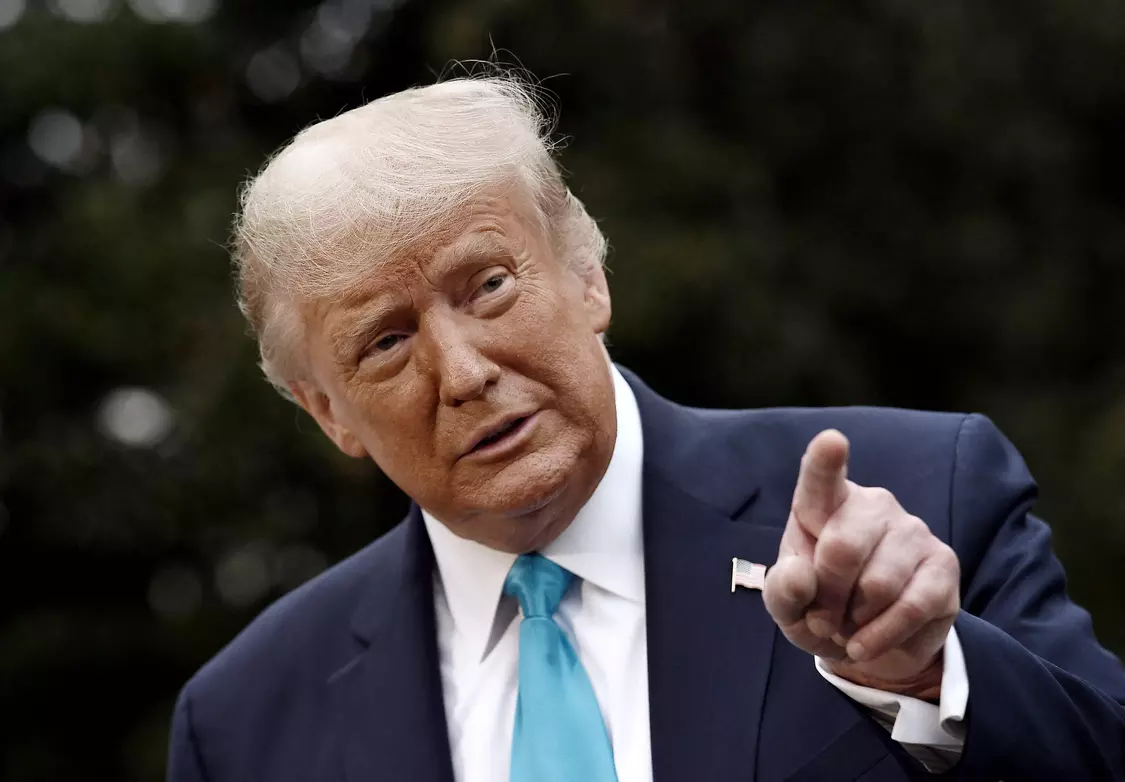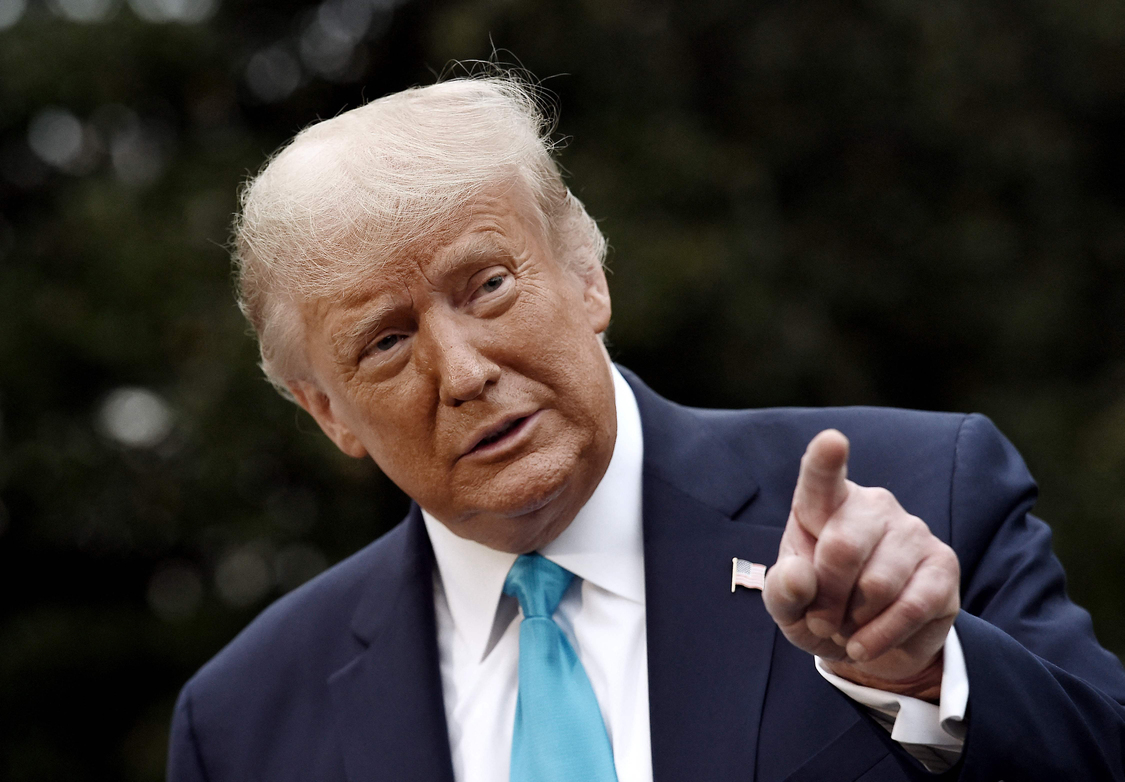
What should we look forward to in 2025? I mean “look forward to” in the sense of anticipate rather than welcome. It will be a defining year and period in several ways.
The most important developments will come after Donald Trump takes over as America’s President again next month. What happens in US politics has affected the world over the last 100 years, but the United States has not had a President like Mr Trump. Most American Presidents, even when they campaign on the idea of change, actually prefer continuity. Even breakthrough figures like Barack Obama did not do much to change policy on things like war and the Middle East, and it has not been easy over the past four decades to separate the economic policies of Democratic Presidents from Republican ones. Joe Biden, for instance, continued with Mr Trump’s tariffs on China.
Mr Trump is different because of his base and appeal to people who want disruption and want the status quo to end. He is also unusual for having won non-consecutive White House terms. This means that unlike sitting Presidents, he campaigned against continuity, but it also means that he will not be seen as a lame-duck especially because he is likely push for his successor as head of the Republicans.
Though he leads a political party seen as representing conservatism, Mr Trump is by instinct not a conservative, he is a radical. For all of these reasons, we should look forward to large shifts.
The significant one will come on China. Mr Trump opened his first campaign nine years ago with a speech in which he referred to China 23 times.
His 2016-2020 presidency saw tariffs which remain to this day but China has grown by 50 per cent since Mr Trump gave his famous escalator speech. It has not been possible for the US to stop China from growing. And China has now become stronger and can push back, both on the economic and the military front.
For this reason, Mr Trump will have to choose to either escalate or give up. It is unlikely he will do the latter. His campaign was founded on escalation. This will affect the world and it will affect us as well.
People talk about the “China Plus One” strategy of India benefiting from companies exiting China or hedging their bets elsewhere. But the fact is that for the last quarter century, India has been a beneficiary of global trade becoming open and it tends to lose when it closes. Our exports rise when global trade rises, they flatten or fall when global trade flattens or falls.
No matter which government is in power here, this trend does not shift and will not shift. So, we should not assume that an escalation in the US-China trade war will favour us, it will harm everyone.
Another issue that will affect the world negatively is on climate change. Mr Trump pulled out of the Paris Accords in his first term and has promised to pivot from the green energy focus of Mr Biden (through his Inflation Reduction Act, which gave large subsidies for electrification) towards more drilling and more gasoline. This will create a cocooned America where Ford and General Motors continue making fossil fuel pick-up trucks which only Americans drive while China tightens its stranglehold over the global production of electric and hybrid cars.
It is unclear what Mr Trump can do to end the Israeli genocide in Gaza or the Russian war against Ukraine. His general view has been to say that America should get out of wars but not much can discerned from the team he has picked on what will happen in 2025. Mr Trump won over Arab-American voters, particularly those of Lebanese origin, in states like Michigan because they were furious with Mr Biden. Hoping that America will stop gifting bombs to Israel that are used to murder Palestinian children might be too much given the bipartisan support for Israeli occupation, but any move that ends or even lessens the genocide will be welcome. It is remarkable to those on the outside, given the mess America has found itself in since 2001 across the world, that it still staggers along with its Middle East policy. Mr Trump has more agency over Israel’s actions than he does over Russia’s. He seems to dislike Nato more than any US President before him and has seen it more as a cost centre than as a strategic asset. He wants Nao to pay for European security against a potential Russian threat and not America. If, like his tariffs on China, this view is seen as wise by his successor, then it will result in a more permanent shift.
Mr Trump does not see Europe and Mexico and Canada as strong allies but as nations which have to be brought to heel on the question of trade, and also security. This will raise questions in these places on whether they should be warming up to China on issues of trade and perhaps even other things like currency.
The future often seems to promise big change but does not fully deliver. It is most unlikely that 2025 and the four years of Mr Trump will conform to that general rule. Things on many fronts — artificial intelligence, climate change, space, inequality, authoritarianism — are moving along more rapidly than had been anticipated, almost to the extent that there is no control. It will be an exciting 2025, though one is not sure if the events that produce the excitement will be welcome.
